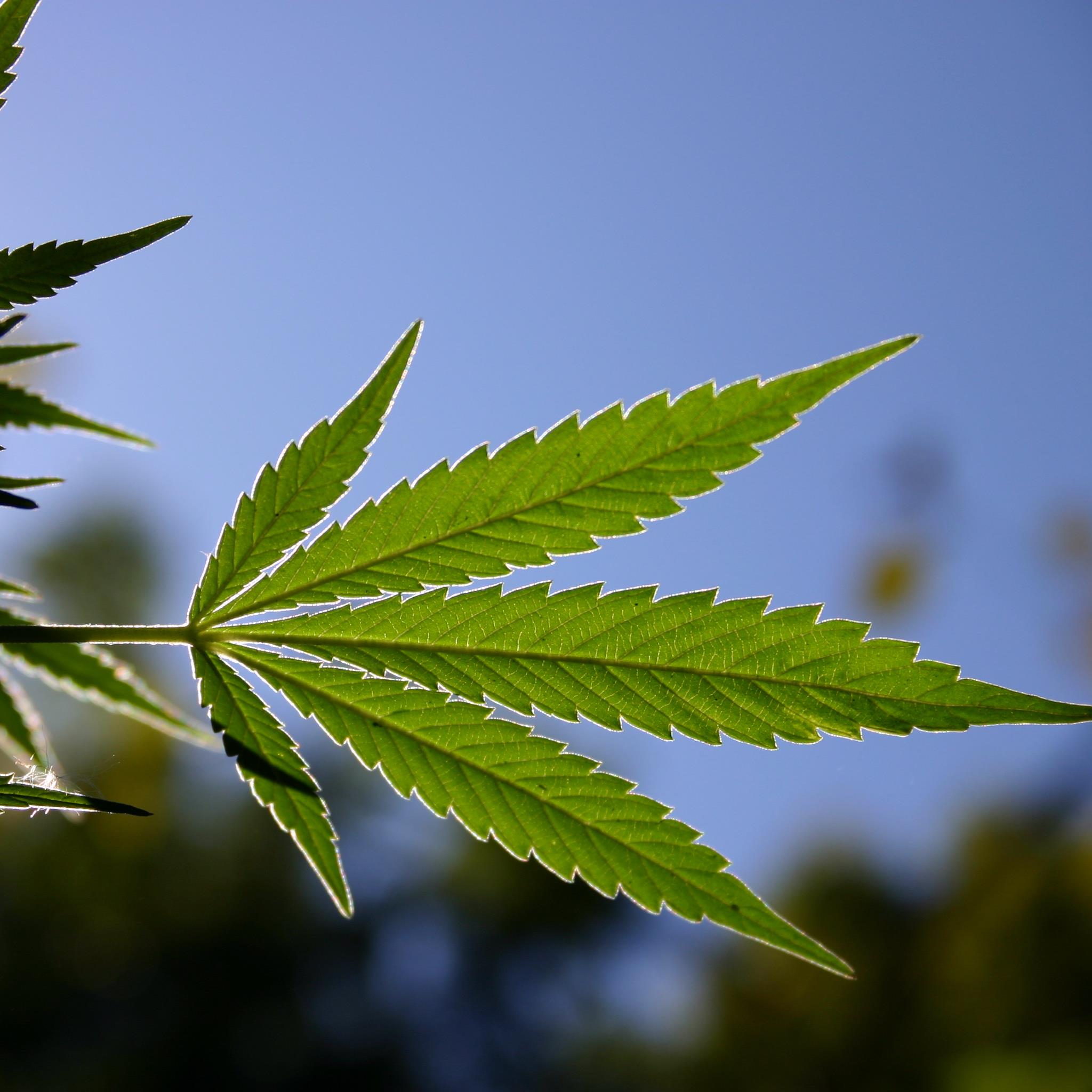
On Thursday Montana’s secretary of state announced that the state’s attorney general had approved the language of an initiative to legalize the recreational use of cannabis in the state. The state legislature approved the use of medical marijuana in 2004.
To get the Initiative 178 on the 2016 ballot, supporters of marijuana legalization are required to obtain signatures from at least 5% of registered voters in each of the 34 state legislative districts. A total of at least 24,175 signatures is also required. The state’s population in 2014 was just over 1 million, the third-smallest state by population in the U.S.
In early November attorneys for the state asked the Montana Supreme Court to allow the state’s justice department to enforce restrictions on the sale and advertising of medical marijuana and to review doctors who recommend cannabis for more than 25 patients a year. The state legislature approved the restrictions in 2011, but a lower court injunction has prevented the restrictions from being enforced.
If the initiative is passed next year the state would allow the sale of marijuana and marijuana-infused products and impose a 20% excise tax on all sales. The state would raise an estimated $37 million in tax revenue over 5 years and would pay about $11 million in the same amount of time for administrative and other costs.
Here are other important news stories for the week.
Marijuana Decriminalization in Grand Rapids Will Stand After Court Declines Case
A Grand Rapids law that makes possession of small amounts of marijuana an offense similar to a traffic ticket has survived a challenge in the Michigan Supreme Court after the justices declined to take an appeal from a prosecutor.
Justice David Viviano wanted to take the case, saying it raises an “important constitutional question.” But the court, in a very brief order, said it wasn’t persuaded, which is standard language when an appeal is rejected.
In Grand Rapids, Michigan’s second-largest city, nearly 60 percent of voters in 2012 amended the City Charter, their local constitution, by making marijuana possession a civil infraction with fines ranging from $25 to $100.
Police officers don’t have to report marijuana cases to the Kent County prosecutor’s office unless they involve grow operations; someone has more than 2.5 ounces; or a person is caught committing another crime. Medical marijuana users are not affected.
Read more at CBSDetroit.
Organic Pot Farmer Predicts Top Five New Business Opportunities in the Marijuana Industry
Anthony Franciosi now 26, has grown from 14-year-old pot smoker to professional cannabis farmer and outspoken advocate for organic crops and sustainable production practices. The 7000 sq. ft. marijuana grow space he is creating outside of Steamboat Springs Colorado aims to use the latest technology in lighting, water use and waste management to minimize resource use while growing organic cannabis.
His company, HonestMarijuana.com, expects to produce 900-1200 pounds of marijuana in 8-10 strains in 2016, employing 8-10 people depending on the season. As an early entrepreneur in the growing Colorado market for legal marijuana, he’s watched the industry develop.
Here’s where Franciosi sees opportunities for new entrepreneurial ventures in legal cannabis.
Read more at Forbes.
Philly420: Merrill Lynch is Bullish on Marijuana
The investment arm of Bank of America, Merrill Lynch, sent out a 45 page equity report last week focused on prospects related to marijuana.
Carefully researched, it was an interesting peek at how heavy hitters on Wall Street are starting to view the expanding industry. The document is not publicly available. It was leaked to this writer by an individual who received the report as a member and investor.
Among the pages were extensive, basic information about cannabis and the cannabinoids THC and CBD. There was also a comprehensive outline on the patchwork of state medical cannabis laws. Further within the document there was an overview of the benefits for a long list of medical conditions, some public polling and then tantalizing information about publicly traded companies already operating in the sphere.
Read more at Philly.com.
Cost for Losing Marijuana Campaign: $17 a Vote
Filing final campaign-finance reports Friday, the private investor group that pushed marijuana legalization this year in Ohio spent more than $17 a vote in its losing effort for Issue 3, while opponents spent less than a dollar a vote to defeat the measure.The campaign was the most expensive marijuana issue in the nation’s history.
ResponsibleOhio and Ohioans Against Marijuana Monopolies turned in the last official paperwork of the 2015 campaign to the Ohio secretary of state. The documents illustrated the unusual election’s counterintuitive result: In politics, the team with the most money usually wins – but not for Issue 3.
Issue 3 would have created a 10-farm system to cultivate a commercial marijuana crop in Ohio, regulated by a separate government commission. ResponsibleOhio put together 10 groups of investors who would have purchased the properties.
Friday’s campaign finance report said ResponsibleOhio spent a total of $20.2 million on its campaign, much of it for television advertising. The sum is the most ever spent on a campaign to legalize marijuana in a state.
Read more at Cincinnati.com.
Florida Rec Campaign Calls It Quits
A four-month-old campaign in Florida to legalize recreational cannabis at the ballot next year announced on Wednesday that it was pulling the plug.
“Due to time constraints, it has become obvious we will not be able to collect the needed number of verifiable petitions in time to qualify for the 2016 election,” campaign manager Michael Minardi, of Regulate Florida, wrote to supporters in an email Wednesday night.
But, he added, the campaign will almost certainly be back for another shot in 2018.
“We will be doing everything we can to make the 2018 ballot. By March, we will have a new petition with minor changes,” Minardi wrote, adding that he already has some “soft commitments” from potential donors, which is a big deal given that it typically costs millions to run a successful campaign in Florida.
Read more at Marijuana Business Daily.
Thank you for reading! Have some feedback for us?
Contact the 24/7 Wall St. editorial team.



